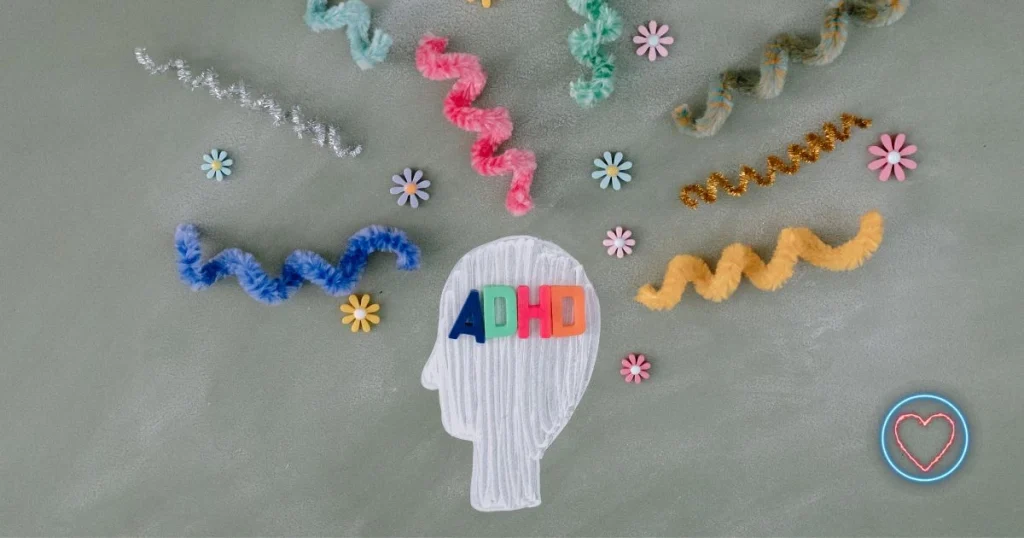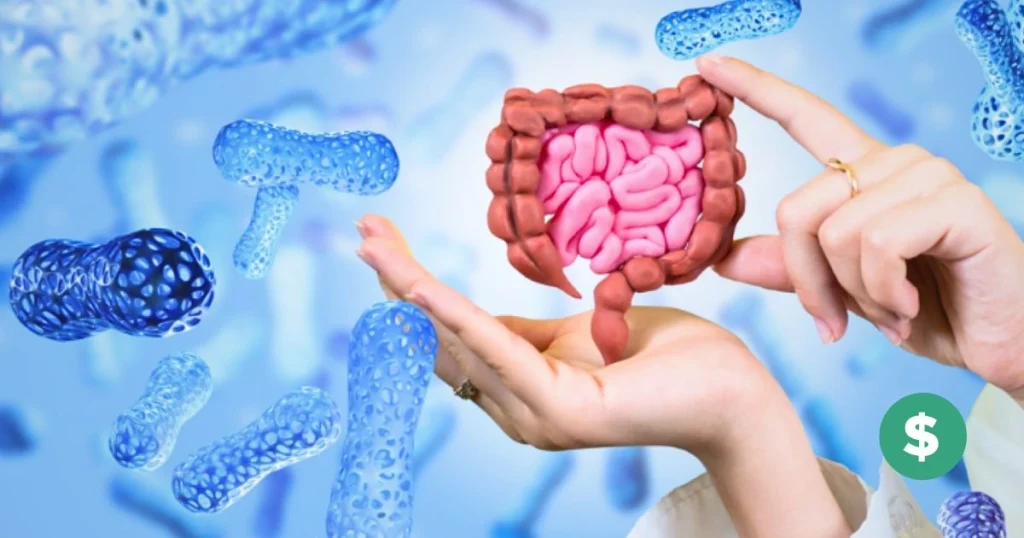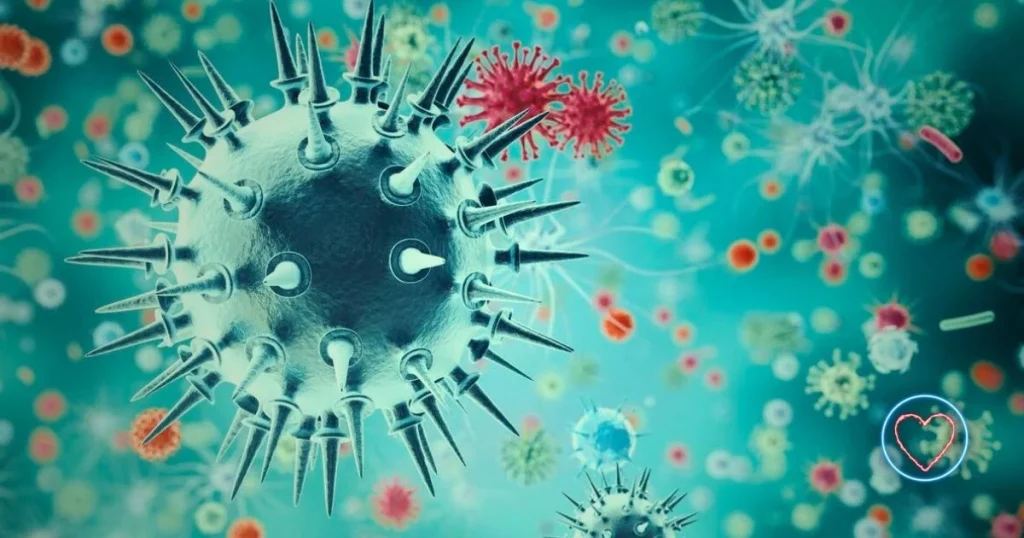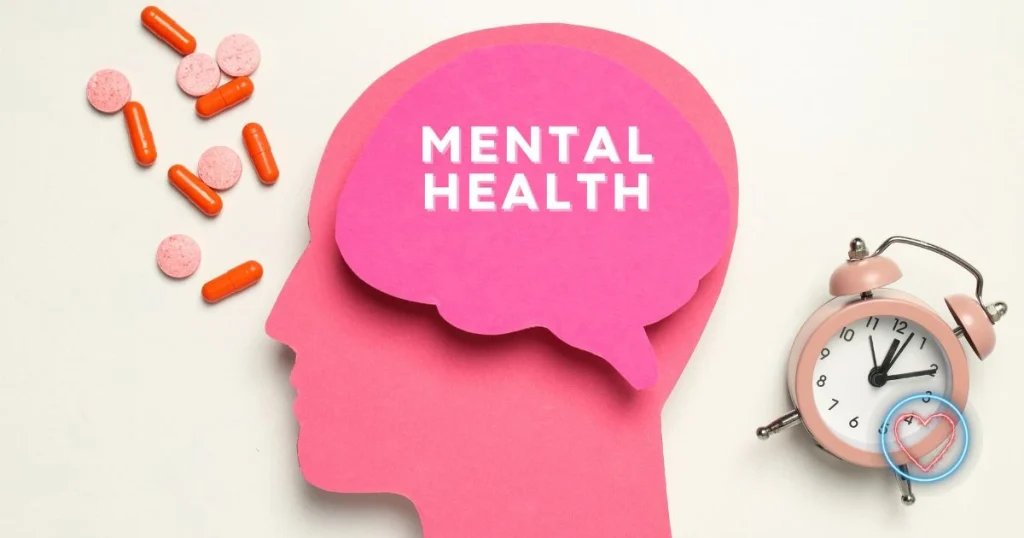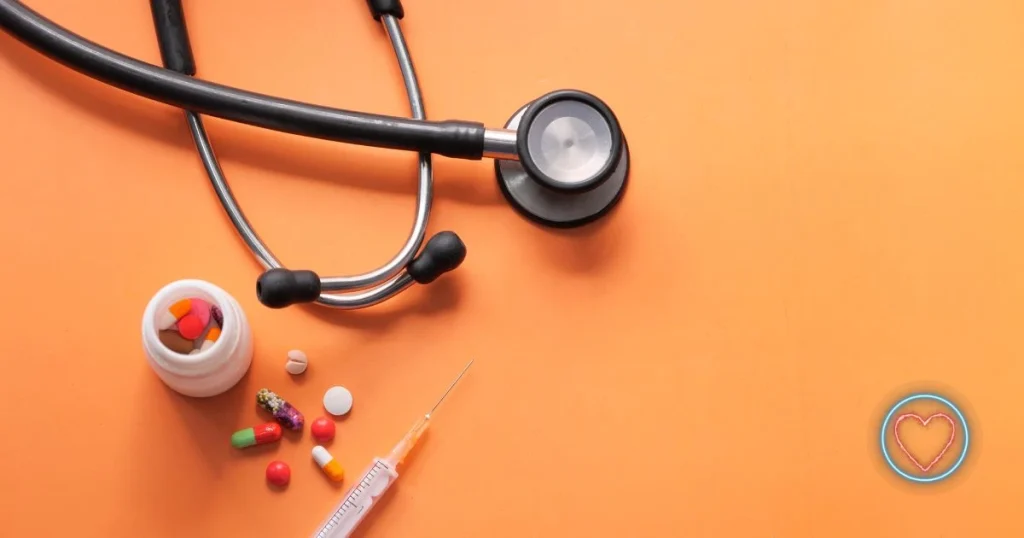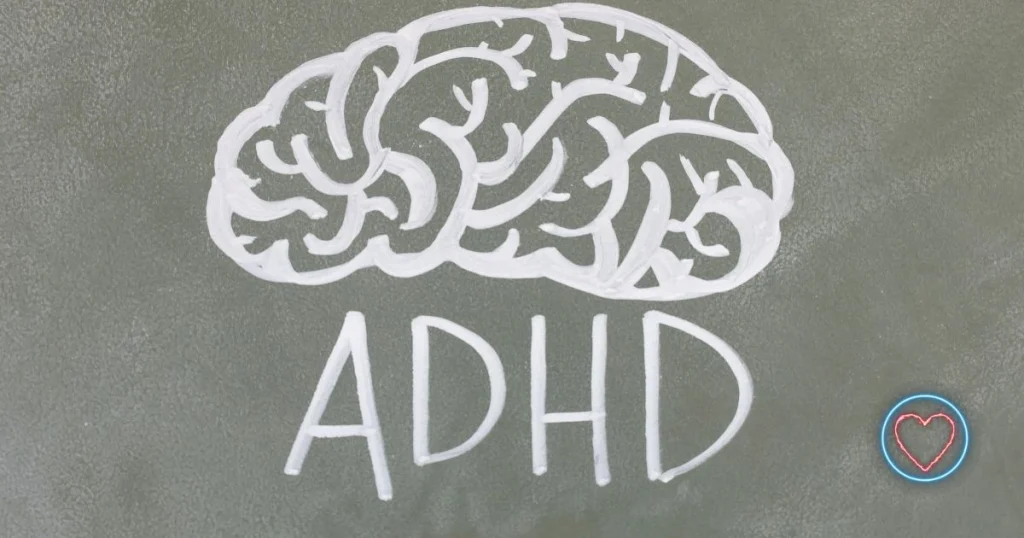Attention-Deficit/Hyperactivity Disorder (ADHD) is one of the most commonly diagnosed neurodevelopmental disorders worldwide. Traditionally treated with stimulant medications such as Adderall and Ritalin, ADHD management is now entering a new era. Driven by rising demand for alternative therapies, growing interest in holistic health, and advancements in nutritional science, innovations in ADHD supplements are reshaping the way we think about cognitive support.
As we move further into 2025, a new generation of supplements offers promising, natural, and often safer options to help manage attention, focus, impulsivity, and emotional regulation—key challenges faced by individuals with ADHD.
Understanding the Shift Toward Supplementation
Before diving into the latest innovations, it’s important to understand why many individuals and families are exploring supplements for ADHD.
1. Concerns About Side Effects
While stimulant medications remain effective for many, they often come with side effects such as insomnia, appetite loss, anxiety, or increased heart rate. Parents of children with ADHD are particularly cautious about long-term stimulant use and its impact on growth and mood.
2. Desire for Holistic Approaches
More people are seeking natural alternatives and personalized care. Supplements fit into broader wellness trends that emphasize gut health, brain nutrition, and mind-body balance.
3. Accessibility and Affordability
In regions where mental health care remains underfunded or difficult to access, over-the-counter supplements provide a more immediate and affordable option—though not always a replacement for professional intervention.
Key Nutrients Behind ADHD Supplementation
Most ADHD-focused supplements are formulated using compounds that have been studied for their impact on neurotransmitter function, inflammation, and brain development. Here are the foundational nutrients being used and improved upon:
1. Omega-3 Fatty Acids (EPA and DHA)
Omega-3s support brain cell membrane fluidity and reduce inflammation. Multiple studies have shown that high-EPA omega-3 supplements may help reduce inattention and hyperactivity in children and adults with ADHD.
- Innovation: Companies are now formulating targeted omega-3 blends using advanced microencapsulation to improve absorption and reduce the fishy aftertaste. Vegan sources from algae are also expanding accessibility.
2. Magnesium
Often depleted in individuals with ADHD, magnesium plays a key role in calming the nervous system. Supplementation has been linked to improved focus and reduced irritability.
- Innovation: Magnesium L-threonate, a newer form, crosses the blood-brain barrier more effectively than traditional types like citrate or oxide. It may offer better neurological support.
3. Zinc and Iron
Deficiencies in zinc and iron are commonly observed in children with ADHD. Zinc supports dopamine metabolism, while iron contributes to oxygen transport and brain energy.
- Innovation: Advanced mineral chelation techniques now allow for more bioavailable forms of these nutrients, minimizing gastrointestinal discomfort.
Emerging Botanical Innovations
In addition to essential nutrients, plant-based compounds are at the forefront of ADHD supplement innovation.
1. Rhodiola Rosea
This adaptogenic herb helps reduce fatigue and improve mental clarity. It’s gaining traction as a natural alternative to stimulants for managing stress-related ADHD symptoms.
- Innovation: Manufacturers are combining Rhodiola with other adaptogens like Ashwagandha and Bacopa Monnieri in synergistic blends that enhance focus without causing overstimulation.
2. L-Theanine
Found in green tea, L-theanine promotes relaxation without drowsiness and can enhance alpha brain wave activity—a state associated with calm focus.
- Innovation: When combined with caffeine in precise ratios (e.g., 2:1), L-theanine balances stimulation with relaxation. New formulations allow sustained release to avoid crashes.
3. Ginkgo Biloba
Known for improving circulation and memory, Ginkgo is being explored as a supplementary treatment to improve attention and reduce distractibility in ADHD.
- Innovation: New extraction methods are delivering higher purity ginkgolides, which enhance the herb’s cognitive benefits.
Nootropics: The Cutting Edge of Brain Supplements
Nootropics—also known as “smart drugs” or cognitive enhancers—represent the next level of ADHD supplements. While traditionally used by students or professionals for focus, some compounds are being adapted for ADHD management.
1. Citicoline (CDP-Choline)
This nootropic boosts acetylcholine, a neurotransmitter linked to learning and memory. It also supports dopamine function—key in ADHD regulation.
- Innovation: Citicoline is now being stacked with other brain-boosting compounds in personalized formulations to increase mental stamina and reduce impulsivity.
2. Phosphatidylserine
A naturally occurring phospholipid in the brain, phosphatidylserine improves memory, attention span, and mood.
- Innovation: Companies are developing liposomal delivery systems to enhance its uptake in the brain, making it more effective at lower doses.
Probiotics and the Gut-Brain Connection
Emerging research supports the idea that gut health directly influences mental health, including ADHD symptoms.
1. The Role of Gut Bacteria
The gut microbiome communicates with the brain via the gut-brain axis. Disruptions in this system can contribute to mood dysregulation, inattention, and impulsivity.
2. Psychobiotics: Probiotics for the Brain
Certain strains of probiotics, like Lactobacillus rhamnosus and Bifidobacterium longum, may support cognitive and emotional balance.
- Innovation: Supplements are now combining prebiotics and psychobiotics tailored to neurodiverse individuals, with added adaptogens or amino acids for a comprehensive approach.
Personalized Supplementation and DNA Testing
In 2025, personalization is a driving force behind supplement innovation.
1. DNA-Based Supplement Plans
Companies like Rootine and Nutrigenomix use genetic testing to create custom supplement regimens. These plans consider how your genes affect vitamin absorption, neurotransmitter pathways, and inflammatory responses—critical factors in ADHD.
2. Wearable Integration
Some cutting-edge platforms now link supplement recommendations to wearable data (e.g., sleep patterns, heart rate variability, stress levels), offering real-time insights and dosage adjustments.
Safety, Regulation, and Ethical Considerations
With the explosion of ADHD supplements on the market, questions of safety and regulation are critical.
1. Lack of FDA Oversight
Most supplements are not approved by the U.S. Food and Drug Administration. While many are backed by research, others rely on marketing hype rather than scientific validation.
Consumers should be cautious of:
- Overpromising labels
- Proprietary blends with undisclosed dosages
- Poor third-party testing
2. Interactions with Medication
Certain supplements can interact with prescription drugs, either enhancing or inhibiting their effects. Parents and individuals must consult healthcare providers before beginning any regimen, especially when combining supplements with ADHD medications.
Case Studies: What’s Working?
1. Child-Friendly Chewables
Brands like Hiya and SmartyPants are innovating with kid-friendly formulations—gummies and chewables with ADHD-targeted nutrients, free from artificial dyes or sweeteners.
2. Clinician-Backed Formulas
Supplements developed by psychiatrists and neuroscientists (e.g., Brillia, NeuroPeak) are gaining popularity for their science-backed approach and clean ingredients.
The Future: What’s Next in ADHD Supplementation?
The next wave of innovation in ADHD supplements will likely include:
- AI-driven personalization that adapts based on mood tracking and biometric data
- Nanotechnology to improve nutrient delivery and blood-brain barrier penetration
- Sustainable sourcing of botanicals and omega-3s to reduce environmental impact
- Integrative therapy bundles combining supplementation with behavioral tools, apps, and coaching
As our understanding of ADHD becomes more nuanced, treatment will shift from one-size-fits-all medication models to multimodal, personalized care that includes smart supplementation.
Conclusion: Supplementing Smarter, Not Just More
Innovations in ADHD supplements are expanding options for millions seeking natural, flexible, and safer ways to manage their symptoms. While not a substitute for medical treatment, these advancements offer real hope—especially when guided by research, personalization, and clinical insight.
In the digital age of wellness, the best approach lies in balance: combining traditional medical wisdom with modern nutritional science to support the brain, body, and lifestyle of those living with ADHD.
